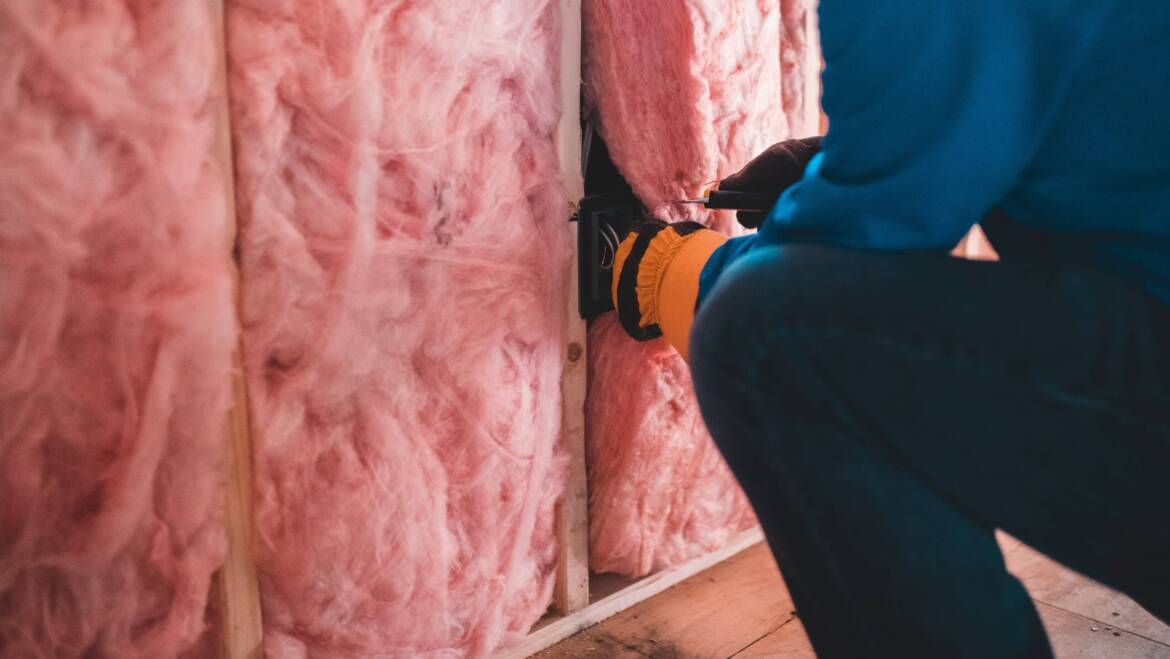Soundproof insulation is a great way to give us all a little more peace and quiet in offices at work, in schools where our children attend, and Even in our homes. By reducing the amount of external and internal sounds penetrating our walls, ceilings, and floors. We can create a more productive and acoustic environment. Sometimes we all need to hear our own thoughts, otherwise, we just feel stressed.
There are different types of soundproofing and work can be done in different parts of a building to reduce the impact of sound. Here are the three main forms of soundproofing and how they work.
Contact us for the Best Soundproof Insulation and Ceilings Services:00 971 55 219 6236
Soundproof Ceilings
Soundproofing insulation is a great way to reduce the impact of airborne sounds. Such as the sound of other people’s TVs, pets, and neighbors. Soundproof ceilings are also used in a variety of professional applications, for example. Soundproof ceilings are used in sound recording studios to prevent disturbance to neighboring buildings. Commercial buildings, especially institutional buildings that house a large number of people, can also benefit from this type of soundproofing.
Soundproof ceilings are achieved by thickening the surface and adding layers on top, a process known as ‘damping’. This process reduces the ability of the sound wave to vibrate. Causing it to be absorbed by a conductive surface before it enters the air and becomes audible.
Floor Sound Insulation
Soundproof insulation floors work differently from ceilings and walls as it deals with different types of sound. For a floor to be soundproof. It needs to be prepared to absorb noise caused by contact between two objects, known as impact noise. In other words, anything that comes into contact with the floor causes impact noise, so every time you walk on the floor, move furniture, or even vacuum, you experience this noise. While it cannot be prevented, there are things you can do to reduce impact noise. While a similar effect can be achieved by using a thick carpet, this is not always possible, so soundproofing your floor will provide the best results.
Wall Soundproof Insulation
Probably the most common form of soundproofing, soundproofing building walls helps to prevent internal sounds from escaping while preventing external sounds from entering the room. This type of soundproofing is becoming increasingly popular, especially in residential and sound-sensitive environments. In schools, for example, there are different types of classrooms, each with its own acoustic requirements; a music room, for example, needs to be soundproofed to prevent disturbance from neighboring classrooms.
Soundproof walls are a particularly good way to deal with noisy neighbors and similar disturbances that can disrupt the peace and quiet at home. Even just soundproofing a partition wall can make a big difference. If this sounds like something for you, you should start.

